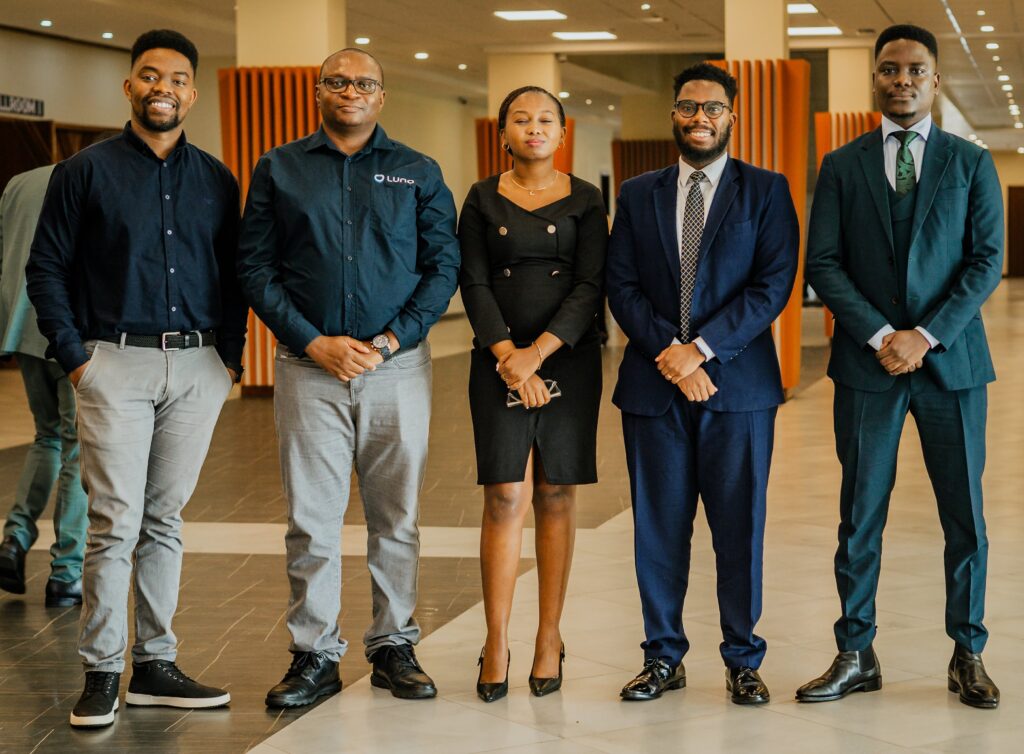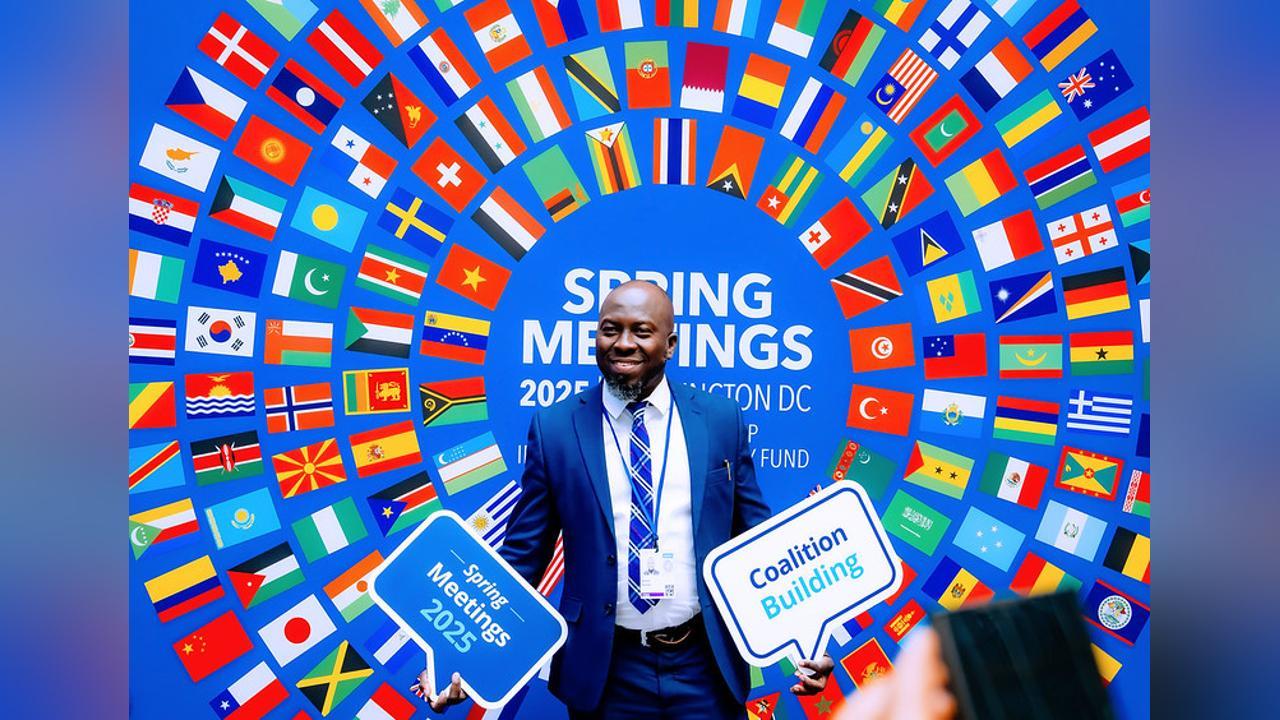Afreximbank Drives SME Development and Investment in Africa

The African financial landscape is undergoing significant transformation, with the African Export-Import Bank (Afreximbank) playing a pivotal role in driving economic growth, promoting domestic investment, and empowering Small and Medium Enterprises (SMEs) across the continent. Recent initiatives and high-level discussions highlight a concerted effort to leverage innovative financial tools and strengthen foundational economic structures.
A key event demonstrating this commitment was the high-level factoring workshop spearheaded by Woodhall Capital at the 2025 Afreximbank Annual General Meeting (AGM) in Abuja. This gathering attracted over 200 stakeholders from diverse sectors, including financial, policy, export, fintech, and legal. Led by Mrs. Moji Hunponu-Wusu, President of Woodhall Capital, the workshop, themed “Factor Forward: Advancing Factoring in Nigeria and Beyond,” aimed to reposition factoring as a mission-critical financial instrument for Africa’s development. Hunponu-Wusu passionately advocated for factoring as a "liberation tool," stating, “Too often, we treat unpaid invoices as dead weight, when in fact, they are trapped value. Factoring isn’t just a financing option; it is a liberation tool. It enables businesses to convert performance into power. We don’t need more theories; we need tools. And this is one of the most powerful we have.” The workshop featured technically rich panel discussions and dynamic breakout sessions, emphasizing practical innovation.
Concurrently, Afreximbank has strongly emphasized the crucial role of supporting domestic investors to foster economic growth and attract Foreign Direct Investment (FDI). During an investment promotion training for state Investment Promotion Agencies (IPAs), Mr. Emeka Uzomba, Director at Afreximbank, stressed the need for a passionate and strategic focus on domestic investment, state-level IPAs, and Africa-wide economic integration under the African Continental Free Trade Area (AfCFTA) framework. Uzomba highlighted that domestic investors form the bedrock of economic growth and serve as crucial ambassadors for attracting foreign investment. He underscored the necessity of empowering state-level IPAs, noting that many Nigerian states lack fully functioning, professional agencies, yet they are the primary interface for investment readiness. He advised IPAs to operate at international standards, competing with major economic hubs like Lagos, Abuja, or even Dubai, rather than limiting their scope to their immediate locale. He also pointed out that the AfCFTA is more than a trade deal; it is an economic blueprint for integrating Africa's market, presenting significant opportunities, particularly in sectors like agriculture and solid minerals. The AfCFTA Investment Protocol, he added, standardizes procedures, reducing bureaucracy and boosting investor confidence. Uzomba urged state governments to invest in effective investment agencies, create incentive frameworks, ensure policy stability, and provide access to finance for local entrepreneurs, thereby positioning local businesses to leverage the harmonized African market.
Mr. Terhemen Johnpaul Kpenkaan, Chairman of the Forum of State Investment Promotion Agencies of Nigeria (FoSIPAN), reiterated that strengthening domestic investors hinges on the capacity of sub-national governments, robust frameworks, and effective institutions. He emphasized the vital role of state-level IPAs and FoSIPAN in building a national community of practice to support these agencies with tools, training, and coordination for attracting high-impact investment. Ms. Aisha Rimi, Executive Secretary/Chief Executive of the Nigerian Investment Promotion Commission (NIPC), further affirmed the growing need for professionalism and collaboration in the country’s investment promotion space. NIPC, as the national coordinating agency, is committed to supporting sub-national IPAs, recognizing the importance of a decentralized, data-driven, and harmonized approach for achieving inclusive and diversified economic growth.
In a related development aimed at fostering export promotion, the Lagos State Government, in collaboration with Afreximbank and ImpactHER, commenced a six-week training program for approximately 253 SMEs. This initiative aims to widen the scope of MSMEs in the state, acknowledging their power for economic democratization. Following the training, 20 exceptional SMEs will be selected to participate in the Intra Africa Trade Fair (IATF) in Algiers, Algeria, in September 2025. Separately, Governor Babajide Sanwo-Olu of Lagos State also reiterated his administration’s commitment to addressing traffic congestion through improved road networks, citing the commissioning of newly rehabilitated roads as a step towards enhancing transportation and easing traffic flow.
Beyond these initiatives, Afreximbank continues its broader financial support across the continent, exemplified by the recent completion of upsizing its reserve-based lending facility for Oando Oil Limited to $375 million, further contributing to key sectors of the African economy.










